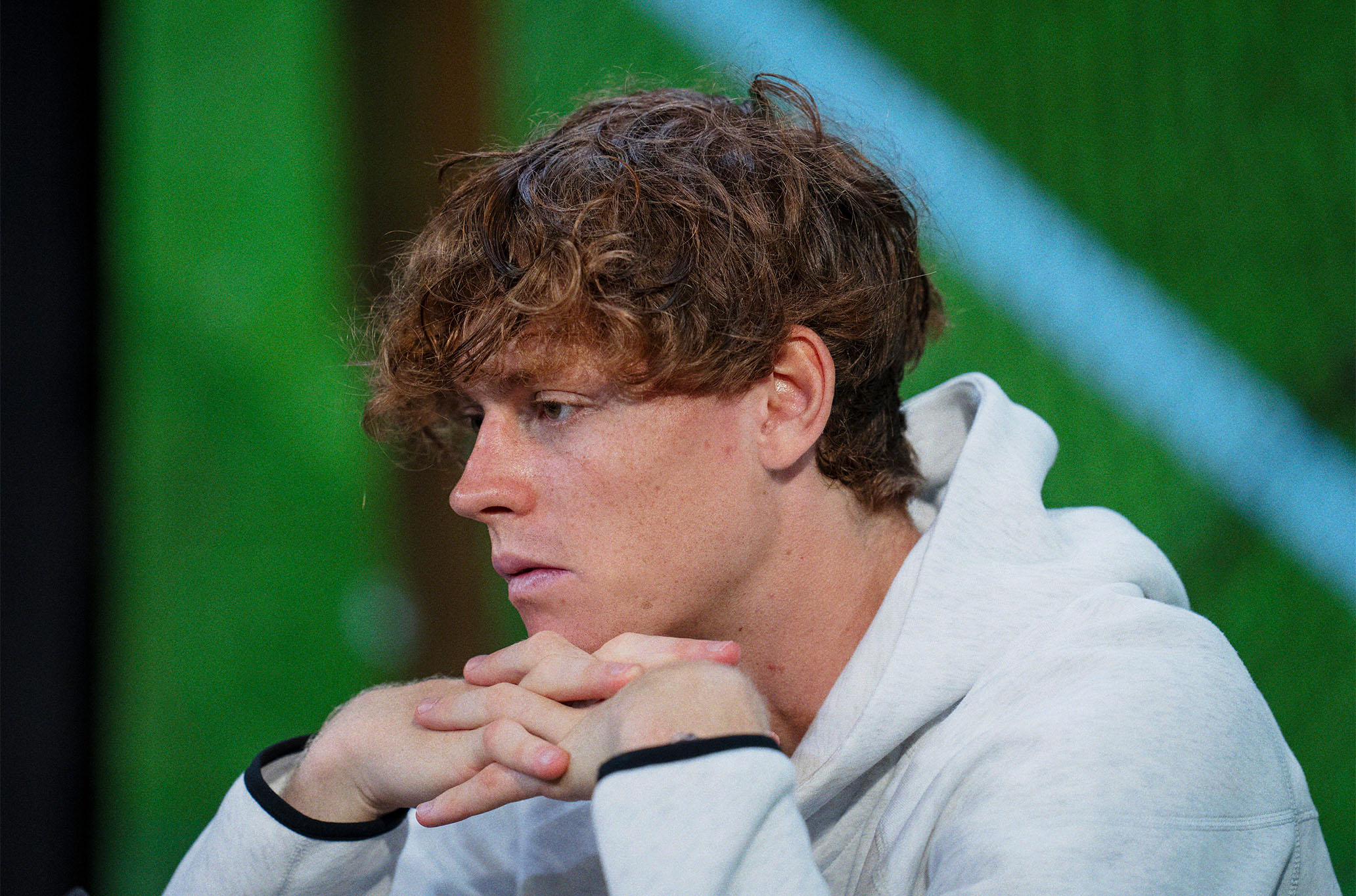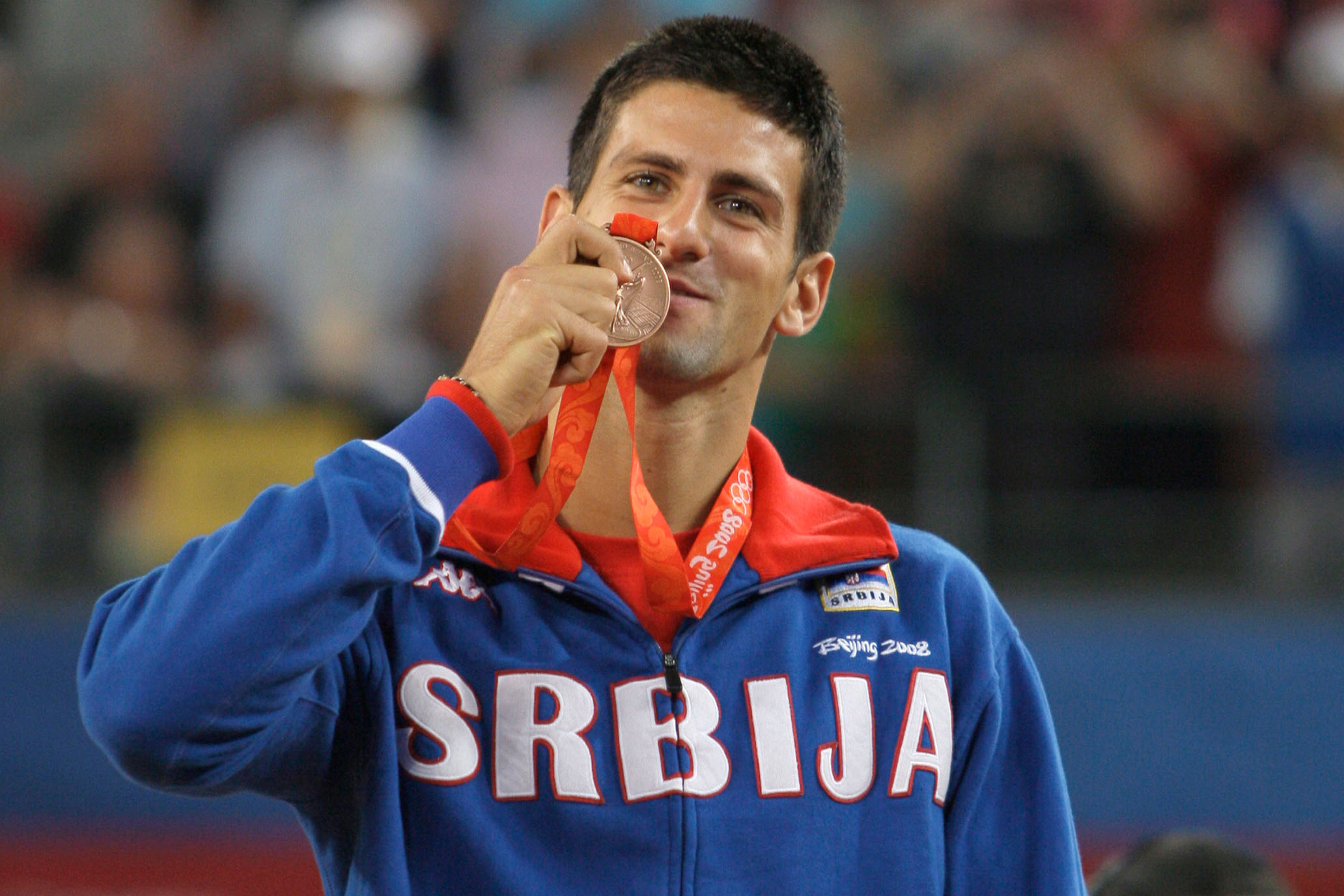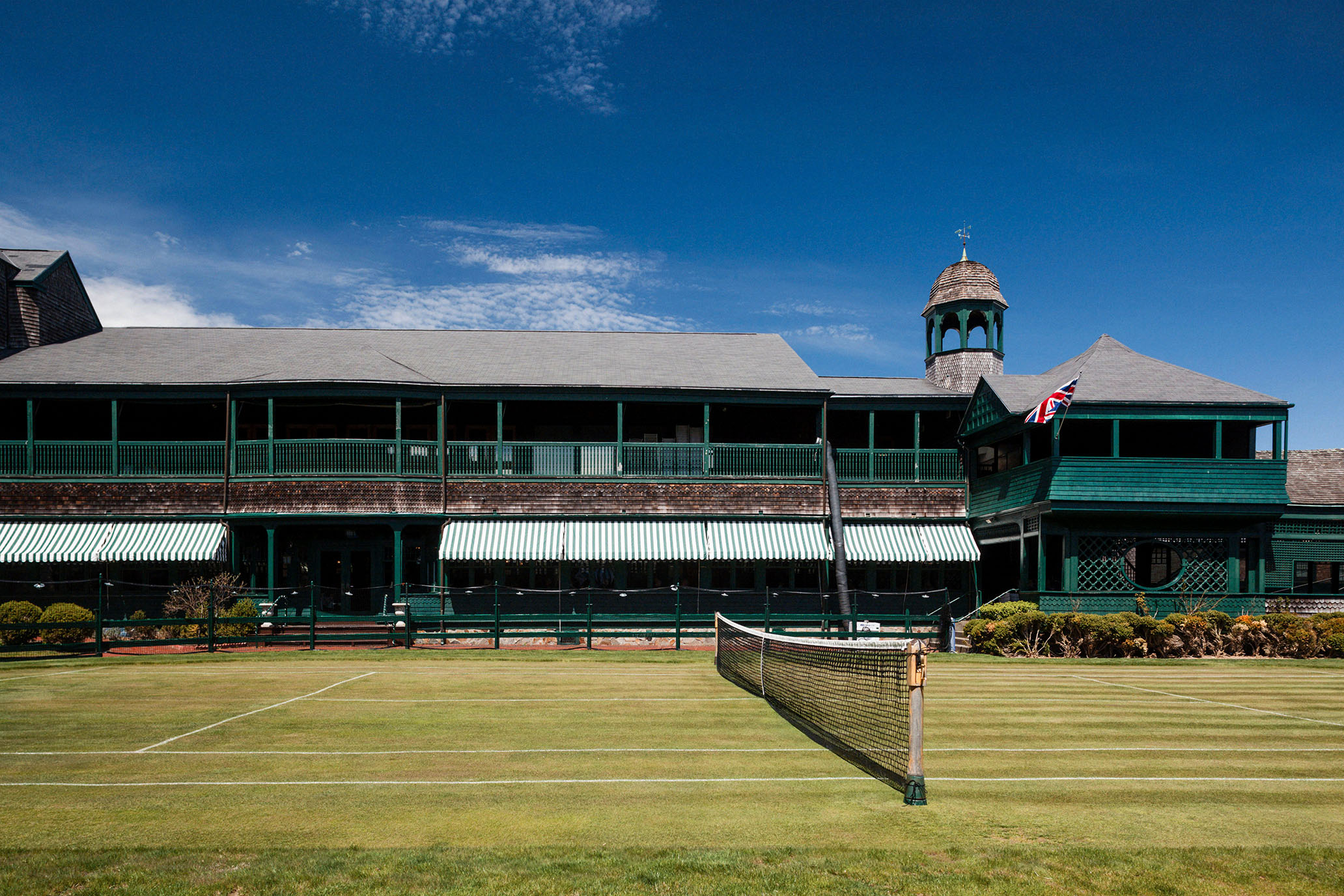A Very Intense Career
A Very Intense Career
Dominic Thiem wasn’t going to wait forever for a feeling that wasn’t coming back.
Dominic Thiem wasn’t going to wait forever for a feeling that wasn’t coming back.
By Giri NathanMay 23, 2024

Dominic Thiem during qualifying in Paris. // Craig E. Shapiro

Dominic Thiem during qualifying in Paris. // Craig E. Shapiro
Dominic Thiem announced his retirement earlier this month, at the unusually tender age of 30, and he played his last-ever match at Roland-Garros this week. If you beamed this to a tennis fan five years into the past, or even three years, this would be disorienting news. Not long ago, Thiem was set to inherit the clay. It was a matter of time. He had the big spin, the foot speed, the court positioning, the taste for suffering. He hit every tennis ball with his eyes closed at point of contact, as if terrified of it, and outlandishly hard, as if to inflict his own terror on it. He played a rigorous schedule. He was a constant threat to the Big Three, a champion for the youth against their thirtysomething oppressors.
All Thiem had to do was wait out the king of clay. In the meantime, he was already making him sweat. In the 2016, 2017, 2018, and 2019 seasons, the era of the Thiem come-up, the industrious Austrian achieved annually what few players have achieved ever: a win on clay over Rafa Nadal. Thiem accounted for three of Rafa’s five losses on the surface between 2017 and 2019. (Nadal won his other 71 matches in that span, most of them handily, so that is no small feat.) Thiem had become, if not quite an equal or a nemesis, certainly the most challenging and consistent obstacle of the clay season, a worthy heir to that dirt empire.
Thiem never managed to beat Rafa on the most significant clay, at Roland-Garros, where they met four times: once in the second round, once in the semifinal, and twice in the final. Only in the last meeting, that 2019 final, did Thiem finally manage to snag a set off him. Through its first two sets that match looked like a classic, and then, suddenly, it wasn’t. The king delivered two straight breadsticks to put it away. Thiem’s disappearance was understandable: Rain delays had him playing tennis on four consecutive days, and he’d worked hard to dispatch Novak Djokovic in a five-set, two-day odyssey. But someday he’d get Nadal, right? Next time he’d show up with fresher legs. Eventually time would bend the matchup in Thiem’s favor. He was then only in his mid-20s, industriously refining his game season over season.
In truth, that was the closest Dominic Thiem would ever get to the title at Roland-Garros, a trophy I thought he’d win a handful of times. The next season, in 2020, Thiem showed up at the pandemic-edition US Open—which was also the Djokovic “disqualification for beaning a linesperson”-edition US Open—and in an empty stadium, after a gruesomely nervy five-set final against Sascha Zverev, he claimed his first major title. After that, they played a cold, wet Roland-Garros in October, and Thiem made it to the quarterfinal. He would never win another match in the main draw there again, because his best tennis was about to abandon him.
A wrist injury cut short his 2021 season and, in effect, his career. The imposing power never returned to his game. His forehand technique changed to compensate, he split with his longtime coach, and he spent years pushing for a comeback. Over time, the quotes morphed from hopeful to ominous. Here and there he drew perilously close to a statement win—most recently last October in Vienna, nearly besting Stefanos Tsitsipas—but the breakthrough never came. He got as high as No. 72 in the world, but no higher. He wasn’t going to wait forever for a feeling that wasn’t coming back. In early May, Thiem announced that 2024 was his final season on tour, meaning that this would be his last visit to Roland-Garros.
You would think a two-time finalist, and the only person besides Djokovic to record four clay wins over Rafael Nadal, would receive a wild card at his favorite Slam on his own farewell tour. You’d be wrong! There is no real honor in the wild-card system, which largely just rewards players for being born in the countries that host major tournaments, but that system does also allow those tournaments to extend grace to aging or departing greats. Thiem got stiffed. He was sent straight into the qualifying tournament, like any other 30-year-old journeyman, and he won his first match. On Wednesday, Court Suzanne Lenglen was as packed with fans as it will ever be for a second-round qualifying match. Thiem lost in straight sets to Otto Virtanen and got chants of “Merci, Domi!” from the crowd, then gave a speech. The tournament didn’t give him a wild card, but it did give him a commemorative trophy. (His friend and fellow former top-tenner now headed for retirement, my personal favorite, Diego Schwartzman, also ended his Roland-Garros career that day.)
Thiem didn’t begrudge the tournament for withholding the wild card. “Honestly I had a long time to be in a good ranking. I had enough tournaments and enough time to climb up the ranking and I didn’t do it, so I kind of didn’t deserve it and that’s fine,” he said. It would have been fascinating to watch Dominic Thiem grow old in tennis. It took him a few seasons to figure out how to best wield his considerable weapons. I foresaw a Stan Wawrinka-style arc to his career, with the best results awaiting in his early 30s, when his tactical and physical maturity fell into alignment. Perhaps the existence of, say, Carlos Alcaraz would have complicated that story. We’ll never know. It seems early for him to go, but his body did not cooperate, and Thiem, once notorious for his rigorous touring schedule, self-reports a different age from the one on paper. “I had a very intense career,” he said. “I don’t really feel like I’m only 30 or 31, I feel quite a bit older, to be honest.”
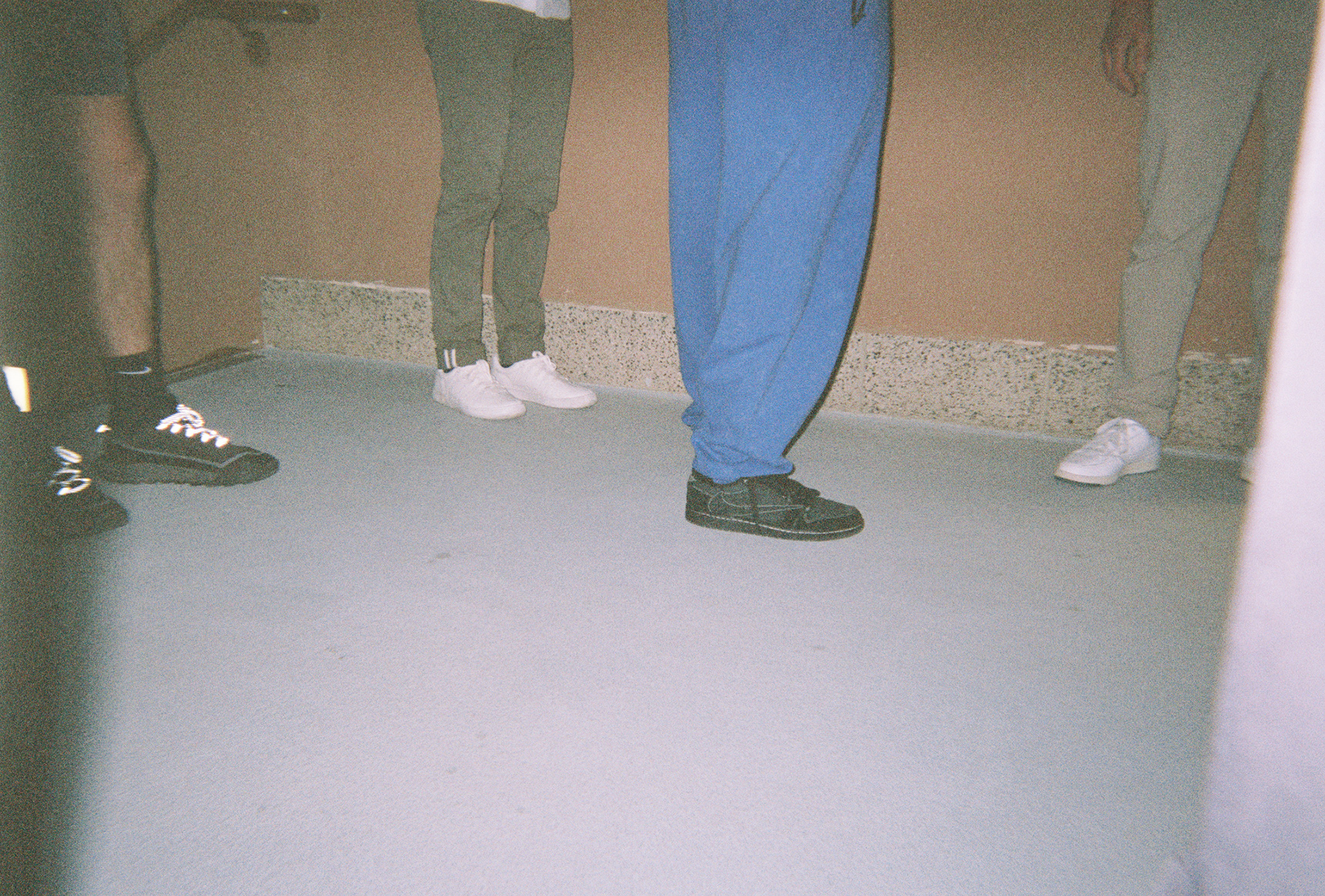

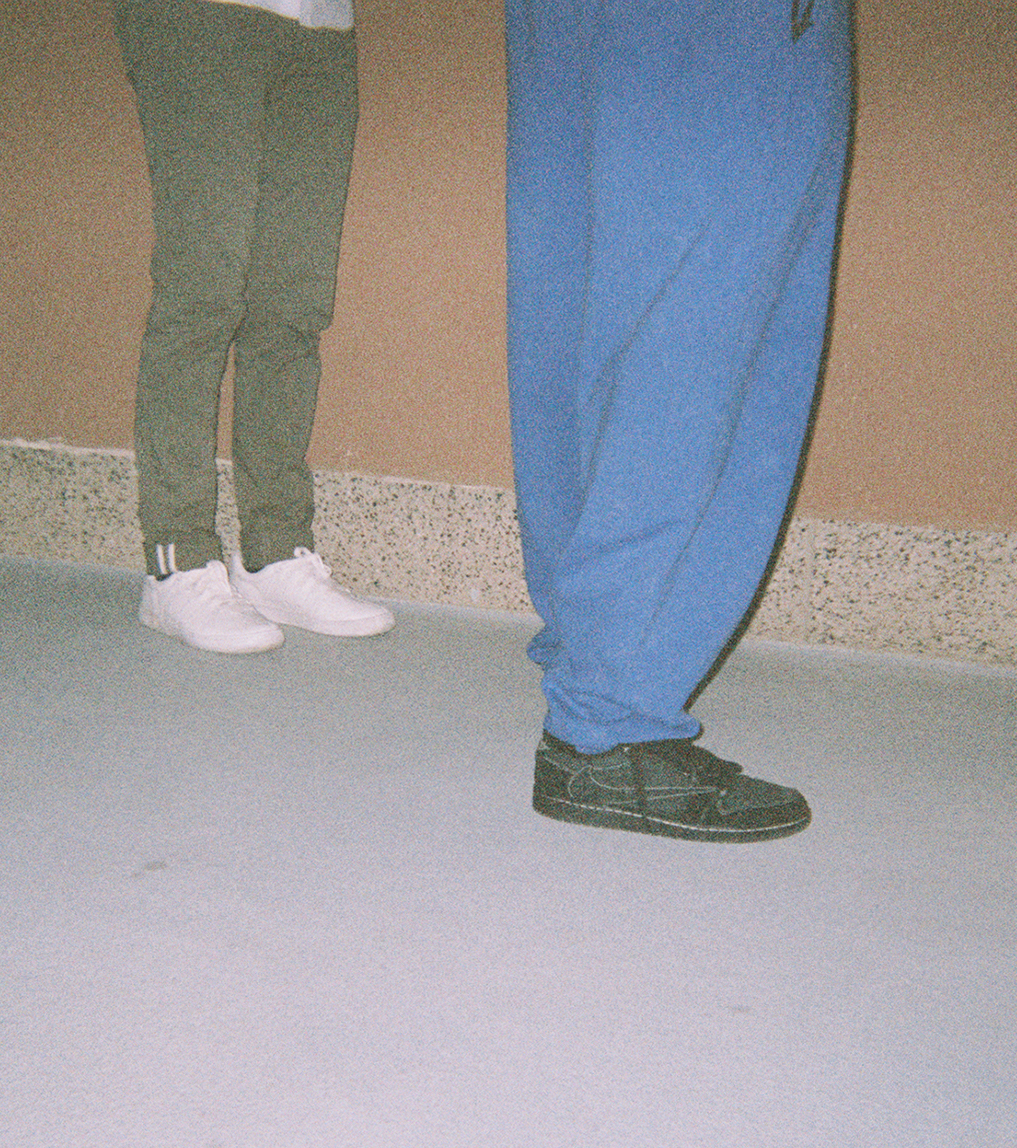

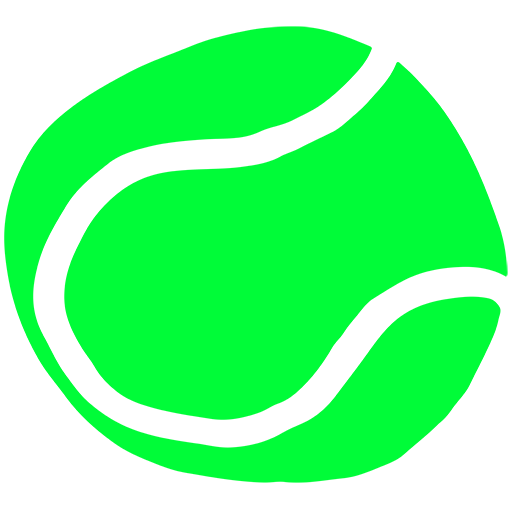
The Hopper
—Rafa will face Alexander Zverev in the first round of the French Open. Oof.
—For some, the French Open is a last chance to qualify for the Olympics.
—Jessica Pegula has pulled out of the French Open.
—Your GEMS update: Elina Svitolina is on a mission & Gael Monfils still has it.
—Sports Illustrated misses an issue.
—Naomi Osaka has a new set of priorities.
—Andy Murray has changed racquets.
—Andre is replacing Johnny Mac as a Laver Cup captain.
—“Nasty”, a documentary about Ilie Nastase, premiered at Cannes this week.

SIGN UP — YOU'RE ONLY AS GOOD AS YOUR SECOND SERVE.
RECOMMENDED
Sinner’s Strange Summer
PARIS 2024 OLYMPICS
Novak’s Big Moment
PARIS 2024 OLYMPICS
Newport Takes a Bow
NEWPORT
